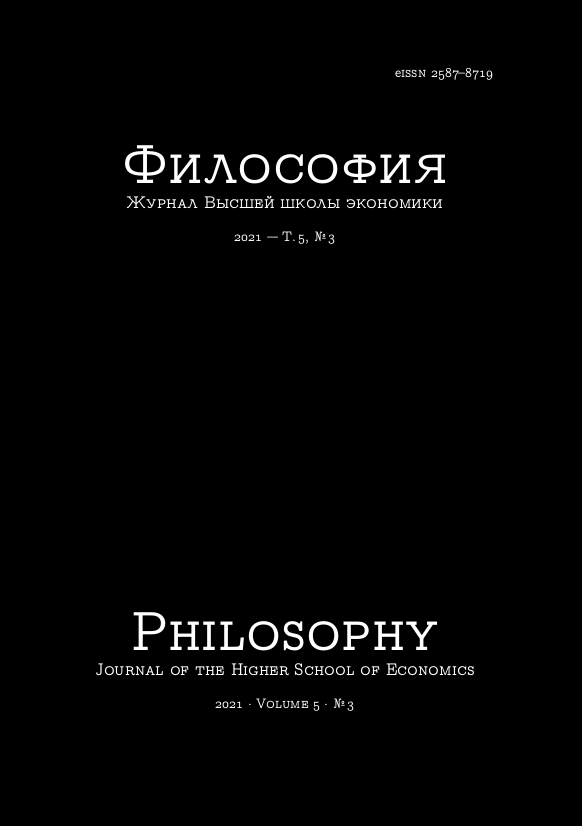Deep Play. “The Gambler” by Dostoevsky
Abstract
This study focuses on the phenomenon of the play and the figure of the player in Fyodor Mikhailovich Dostoevsky. The main source for this paper is his novel The Gambler, published in 1886, as well as other works and biographical information. It is important to note that Dostoevsky views the play from the perspective of a religious thinker, so the problematic of gambling acquires in his works a demonic dimension and the status of a trial for the protagonist, during which a radical transformation of his personality and spiritual transformation is assumed. We place Dostoevsky's considerations within a broader context of philosophical thought on the phenomenon of play, both those of Dostoevsky's own era and those of contemporary times. Dostoevsky's consideration of the phenomenon of play in this article is divided into several fundamentally important aspects. We have referred to the significance of games for nineteenth-century culture, showing that the games widespread in society correlated directly with the social consciousness of the time. We have pointed out the problematic relationship between chance, free will and fate inherent in playing games of chance, demonstrating the communicative and existential aspect of play. Finally, it has been shown that playing activity has the potential to act as a simulation of the world, as well as a projective play out of various social roles, due to the change in player masks that playing activity necessarily implies. The findings of this study were as follows: it was shown that in Dostoevsky's novel, play is seen as a system of contingencies and regularities, as a choice, as an ethically coloured phenomenon, and as a manifestation of power. Dostoevsky proposes the game as a communication with the universe, an attempt to change destiny, a manifestation of free will in the God-man. Dostoevsky shows the human soul and its suffering in the temporal duration created by the process of play and in the specific space of play he outlines in his description of the fantastical city of Roulethenburg.
Downloads
Copyright (c) 2021 Philosophy. Journal of the Higher School of Economics

This work is licensed under a Creative Commons Attribution-NonCommercial 4.0 International License.






